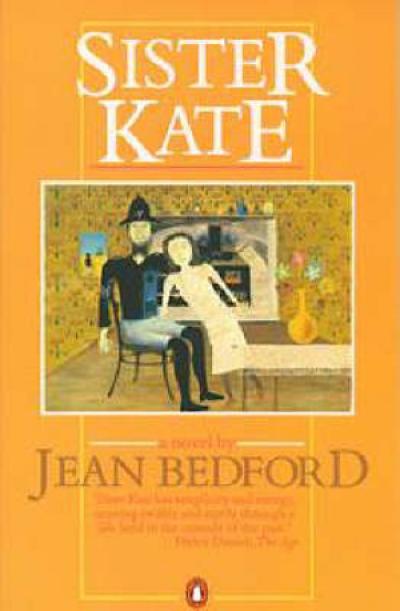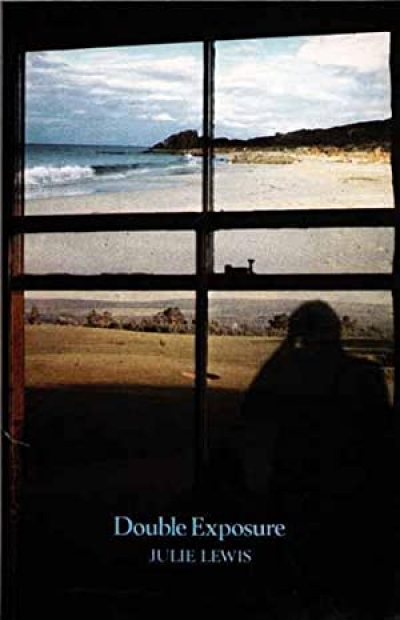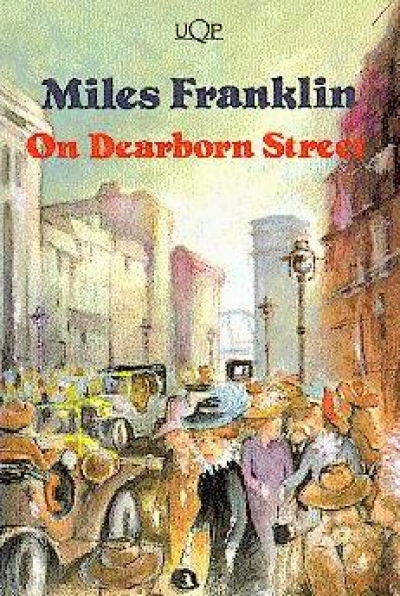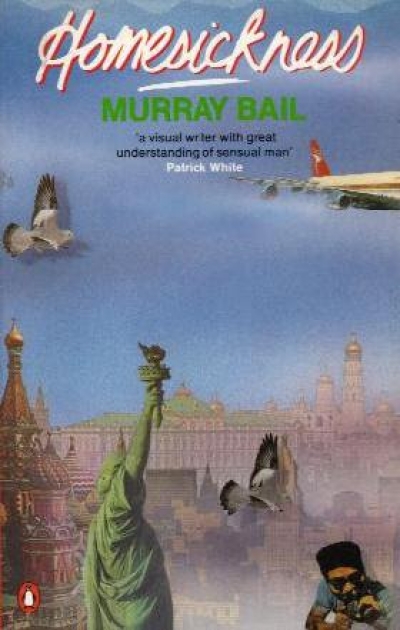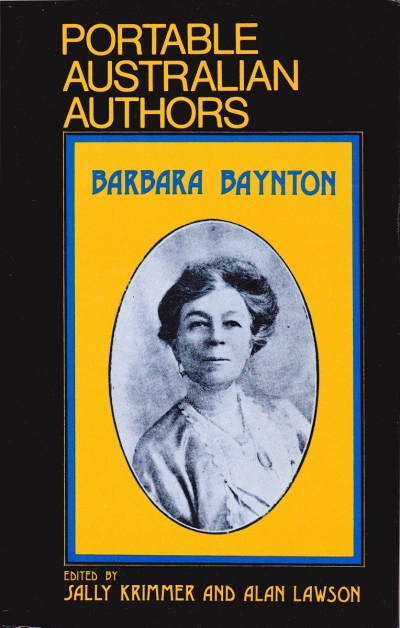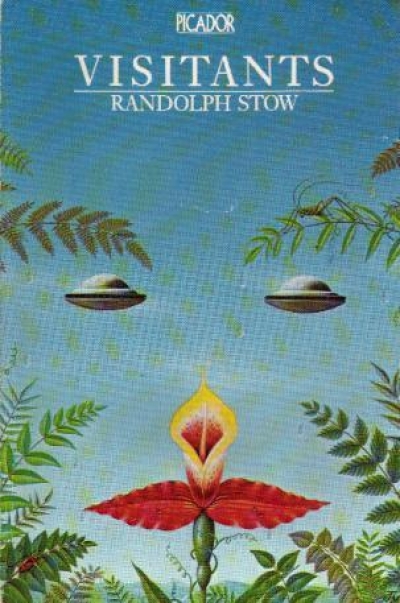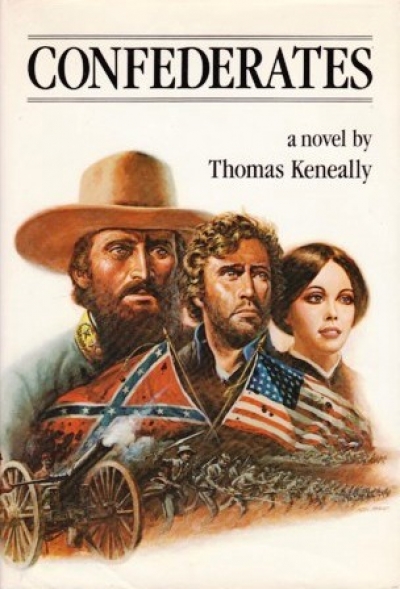Australian Fiction
Children’s Book Week is traditionally a time to take an overall view of the last year’s output of children’s books. Such an overall view is necessarily superficial but it can be interesting to note the appearance of new authors and illustrators, new themes, or different treatment of old themes. This article will look at the picture books and fiction of the last twelve months.
... (read more)When the ABC asked me to adapt Roger McDonald’s novel 1915 into a major seven-part serial, I declined. Ray Alchin, producer and head of the ABC’s film studio in Sydney, looked at me with disbelief and asked me to read it again. So I read it again, twice, and thanked him for having the good sense to see its possibilities, and gratefully accepted.
... (read more)Homesickness by Murray Bail & Monkeys in the Dark by Blanche d’Alpuget
by Alan Gould •
Barbara Baynton (Portable Australian Authors) edited by Sally Krimmer and Alan Lawson
by John McLaren •

